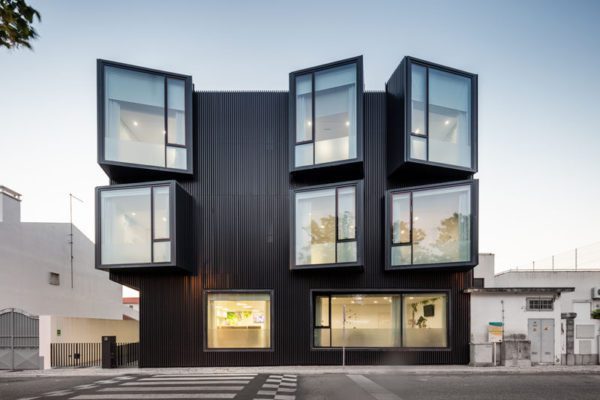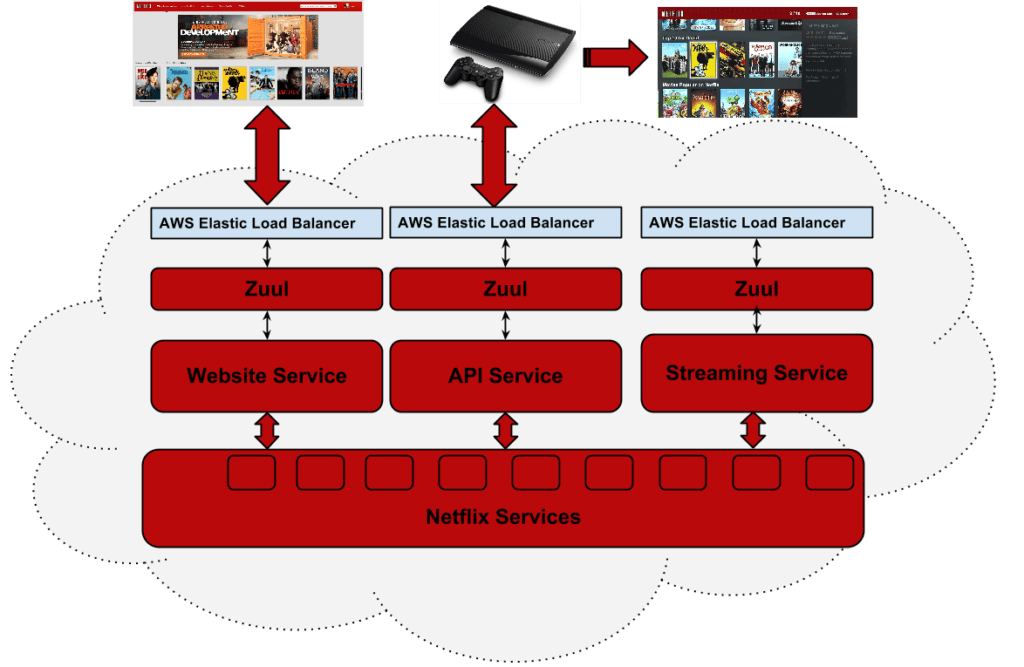The SOLID principles are five object-oriented design principles that can help you write better code. They are: The Single Responsibility Principle The single responsibility principle (SRP) states that every class should have only one reason to change. This means that a class should only be responsible for one thing. For […]
Devamını Oku
There are two ways to see error logs of scheduled events on MySQL: The SHOW EVENTS statement will return a table of information about each scheduled event. The table will include the following columns: If the ERRORS column for a scheduled event is greater than 0, then the event has […]
Devamını Oku
Çeşitli şirketlerde, farklı büyüklüklerde yapılar içinde yazılım geliştiriyoruz. Evde tek başına yazılım geliştiriyor olsak dahi farketmemelidir. İşimize saygımız, işimizi iyi yapmayı gerektirir. İşimizi iyi yapacağız. Kodumuz temiz olacak. Kodun temiz olması nasıl olur demeyelim, temiz olmayan kod kokar ve kendini belli eder 🙂 Sınıf Tasarımı Prensipleri (Principles of Class Design) […]
Devamını Oku
What? The Common Closure Principle (CCP) states:” The components’ classes should be closed against the same kind of changes. A change that affects a part affects all the classes in that component and no other components.” In other words, a component should not have multiple reasons to change. The Single […]
Devamını Oku
Sev beni, sar beniBir tek kötü sözün sarsar beniBilinmez denizlerinKuytu koylarında bul beni Ben bunları kimseye anlatmadımKendimle bile konuşmadımBen bunları kimseye anlatmadımBir tek sen duy diyeSen bil diyeSen anla diye Sez beni, yaz beniKarmakarışıklığımdan çöz beniBirikmiş tortularınKirli sularından süz beni Ben bunları kimseye anlatmadımKendimle bile konuşmadımBen… Bülent Ortaçgil
Devamını Oku
The Reuse/Release Equivalency Principle is:“The granule of reuse is the granule of release. Only components that are released through a tracking system can be effectively reused. This granule is the package.” What is reuse? The copying code is not reused. If you copy or insert code/modules into your code, then […]
Devamını Oku
Zuul 2.0 is the latest iteration of the gateway application fronting Netflix’s API and underlying microservices. It was borne of a need to handle an ever-growing amount of traffic and a similarly ever-growing number of microservices to the front. We rebuilt Zuul from the ground up, leveraging the Netty framework […]
Devamını Oku
A tour of Alibaba’s new cashierless store at its Hangzhou headquarters.
Devamını Oku
Welcome to our new series: Coding TensorFlow! This series is dedicated to deep-dive TensorFlow tutorials – Every episode will provide concrete, hands-on examples of how to best use TensorFlow for machine learning and AI. We hope you find them helpful! Subscribe to the channel to catch new episodes of Coding […]
Devamını Oku
Seth Vargo and Liz Fong-Jones go head-to-head to determine which is better: DevOps or Site Reliability Engineering (SRE). In this video, Liz and Seth discuss the differences and similarities between DevOps and SRE, ultimately realizing that DevOps and SRE aren’t two competing methods, but rather close friends designed help break […]
Devamını Oku









